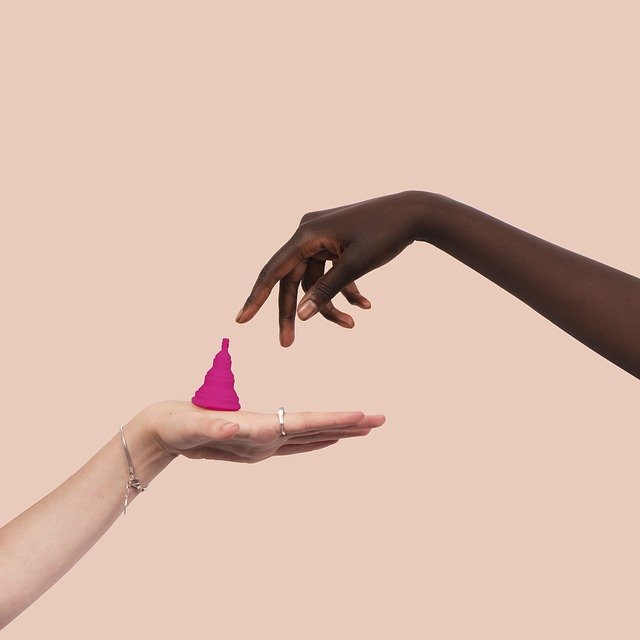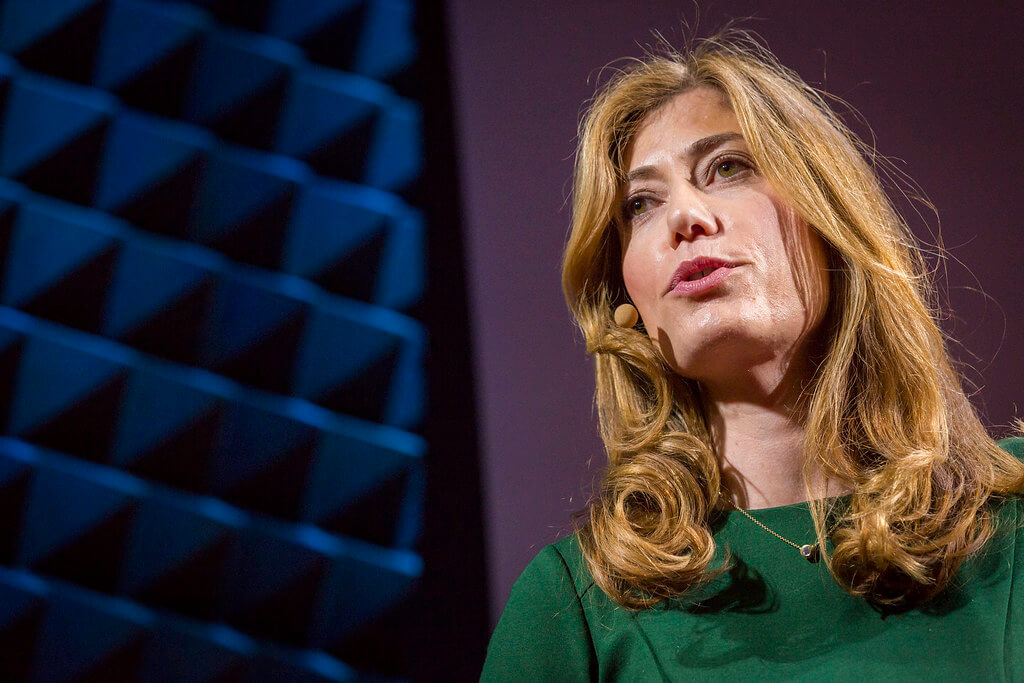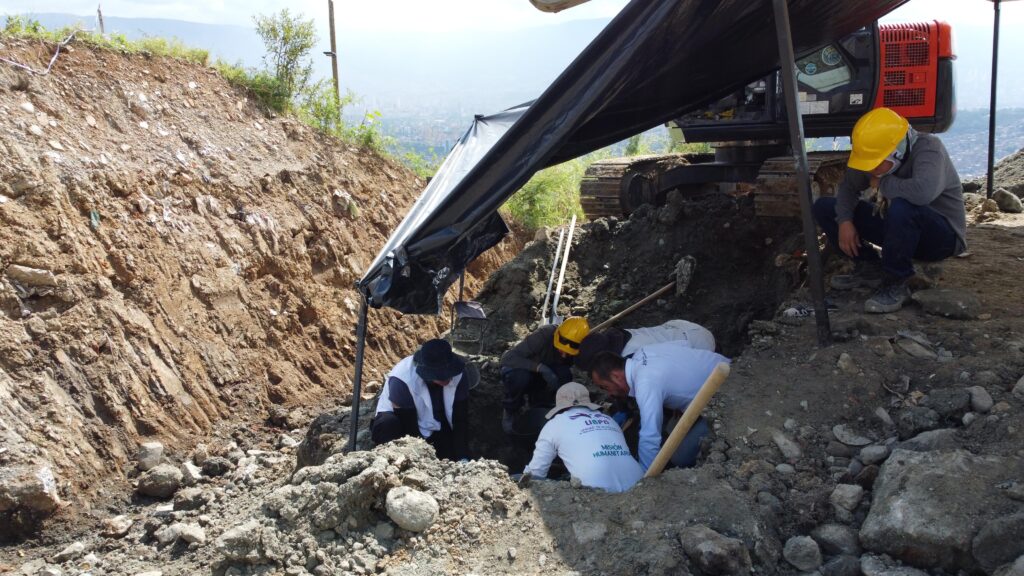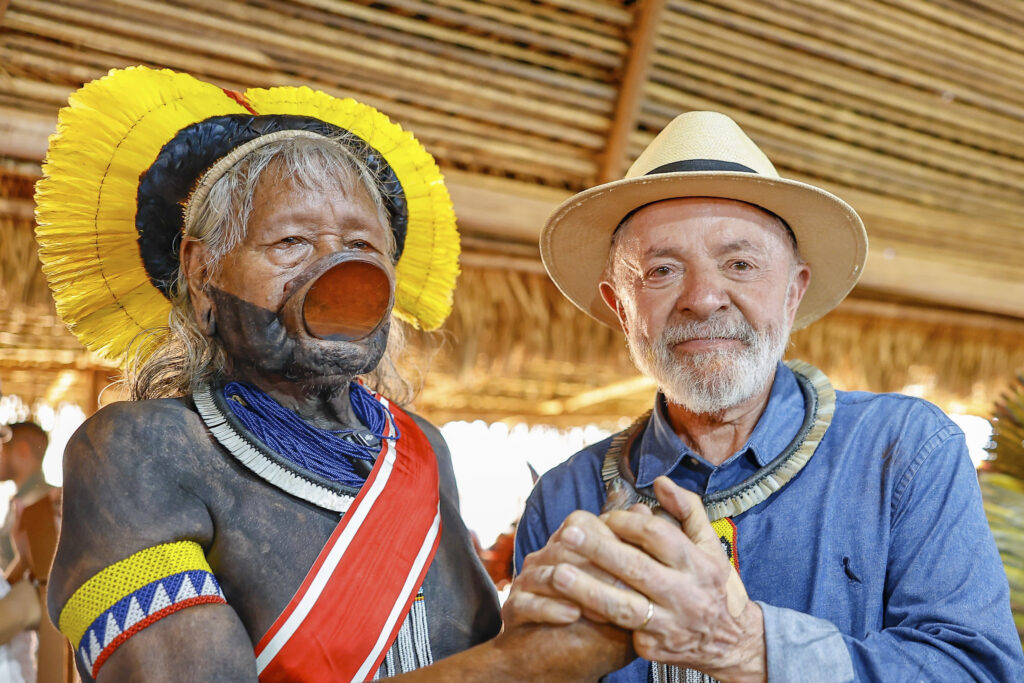More than a biological event, menstruation is a cultural phenomenon with profound consequences for those who menstruate in terms of finance, work, and education. There are still around 500 million people globally who lack the knowledge to guarantee their own health and well-being during menstruation, according to the International Federation of Gynaecology and Obstetrics.
Few countries have made menstrual products tax-free – many still tax them as luxury items – but those which have include Kenya, Australia, Canada, India, South Africa and Rwanda. In 2020, Scotland became the first country in the world to unanimously pass legislation providing for free and universal access to menstrual management products, including tampons and pads. Even in the European Union, the much-discussed ‘luxury item’ tax on tampons will only be abolished this year, after years of campaigns and pressure.
In Latin America, the majority of countries still charge VAT on menstrual products, with exceptions like Nicaragua and Colombia, which was the first country in the region to abolish the tax on tampons and menstrual towels in 2018 – though the debate continues on menstrual cups. The Mexican government have proposed its abolition for this year.
Colombia has a strong track record: in 2019, the Constitutional Court ruled that it was a relevant issue for the public agenda, specifically obliging Bogotá to provide menstrual products to people living on the streets. Comfama (Caja de Compensación Familiar de Antioquia) recently launched a subsidy programme to increase access to education and menstrual products. Around 15% of women in Colombia have economic barriers to managing to their menstruation, and in August last year, 683,000 Colombian women were unable to access menstrual hygiene products due to lack of money.
Faced with this, grassroots groups have their work cut out for them, but many are determined to provide resources and education to young people across the country – and determined to take the conversation further than just being about products and suppies. ‘Princesas Menstruantes’ (menstruating princesses) is an education group which has been working in the field for 15 years, doing intensive field research to investigate the best ways to engage and educate youth all over Colombia – and raising awareness well beyond statistics around access to products.
“The response is not to give a towel, the response is to ask why that woman doesn’t have enough to buy one. It’s a bigger question, a deeper analysis – it goes much further. We want a transformation of narratives, a curriculum, not just this question of whether or not there are supplies,” Carolina Ramírez, Creator of Princesas Menstruantes, tells me.
Menstruation has been approached from a medical perspective, Carolina tells me, neglecting psycho-emotional and socio-cultural, as well as economic and environmental aspects. Stigma and prejudices surrounding gender and menstruation have influenced the menstrual experience and the exercise of fundamental rights, cementing and reinforcing discrimination and exclusion.
“It’s considered specifically reproductive and sanitary – treated like a problem of public health – something to be “cleaned” or “sanitized”. All these words imply a conception of menstruation as a bad, dirty blood,” she says.
The group started with a simple observation: there were no children’s books on this issue.
“So we wrote one – ‘Menstruating Princesses’ – we wanted to challenge the idea of what a princess was – that European idea – women who are without body hair, who don’t menstruate. We started to develop teaching and storytelling – even a board game.”

“Feminism – it was missing a piece: menstruation. When we manage to break that silence, it opens other doors too.”
Carolina Ramírez, Creator of Princesas Menstruantes
Approaching from a social enterprise angle are WAM Bienestar, who sell sustainable products and run workshops for 8- to 30-year-olds: they noticed the same thing happening in their education work – that the taboos and myths around the menstrual cycle feed into deeper cycles of oppression and gender-based violence.
“It’s an issue of machismo – deeply rooted misogyny, I feel that the more deeply-rooted the taboos, the more physical violence against the body: the more machista the culture, the bigger the aversion to female sexuality, menstruation – and women’s bodies,” Juliana Orrego tells me.
The taboo of talking about menstruation is present across Colombia– rural and urban – she says, but the specifics of the myths can vary widely: that you can’t hold a baby, or cook, or cut your hair while menstruating.
“But there are a lot of obstacles – nobody talks at home, there’s shame and silence. That shame is very limiting.”
As well as the cultural, economic, and biological elements, the ecological element is increasingly taking centre stage, and with it the menstrual cup and washable pads like those which WAM sell – and which are part of Comfama’s subsidy programme.
“The cup was also a way into education: using a cup makes you get to know your body, where things are, how things feel,” Juliana tells me, though the menstrual cup presents its own cultural challenges in some places. “There are people who think that using a cup is a loss of virginity: we teach about the hymen, about what virginity is – a social concept more than anything.”

While there is resistance to education and open communication – from religious groups in particular – it is clear that steps are being taken in the right direction, and that a conversation is opening up regionwide.
“The taboo is a spiderweb – we have to remove it thread by thread in order to clear the windows,” Carolina says.










